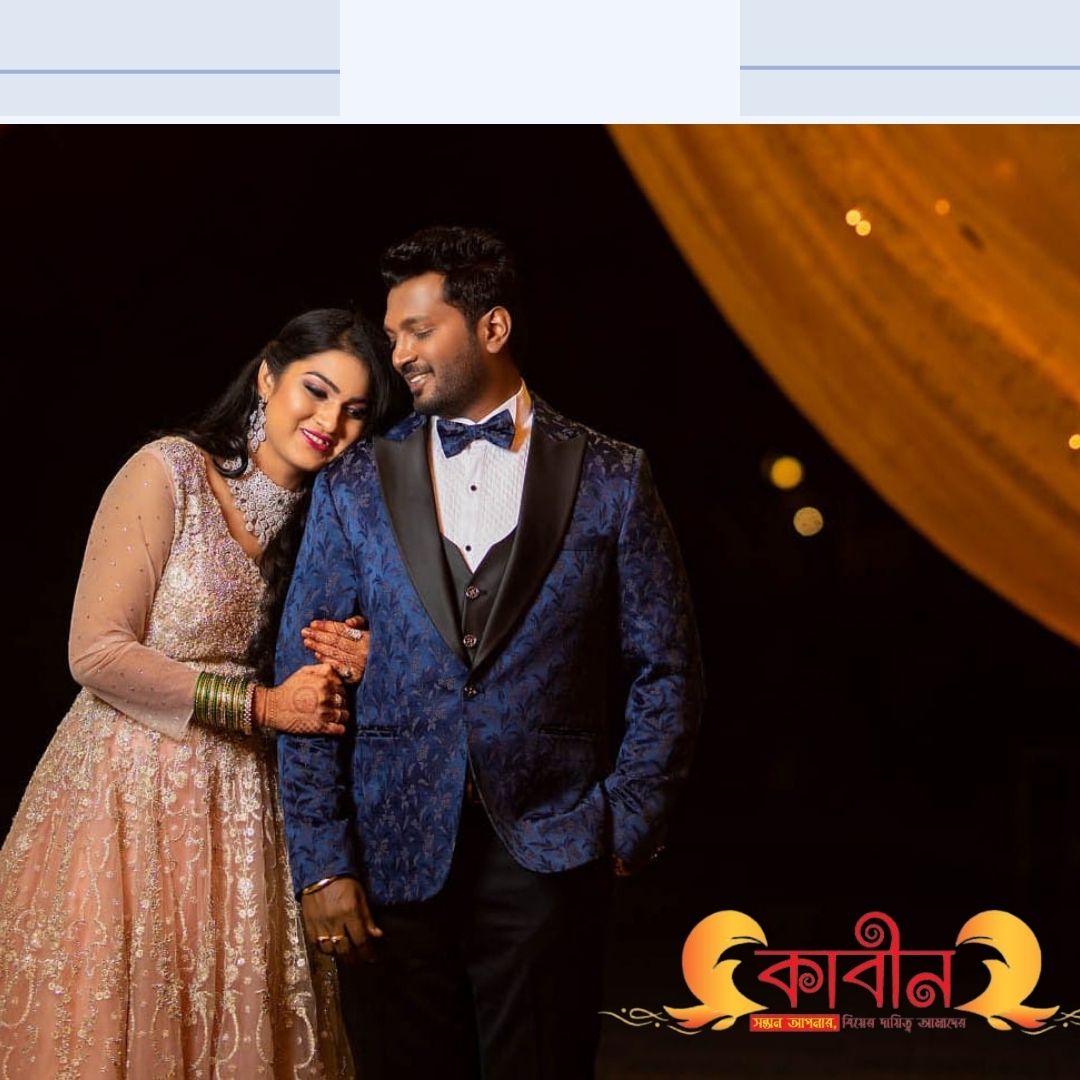Is marriage important for a girl?
Is Marriage Important for a Girl? An Exploration of Cultural, Social, and Personal Perspectives
Marriage, as an institution, has been central to human society for millennia, shaping the way we live, interact, and build communities. Traditionally, it has been viewed as a critical milestone in the life of an individual, particularly for women. The question of whether marriage is important for a girl is deeply complex, intersecting with cultural, social, economic, and personal dimensions. This essay explores the multifaceted nature of marriage for women, considering historical contexts, societal expectations, personal agency, and evolving views on gender roles and relationships.
Historical and Cultural Contexts
Historically, marriage has been seen as a fundamental institution in most societies, with a significant focus on women. In many cultures, marriage was not just a personal choice but a social obligation. It served as a means of securing alliances, transferring wealth, and ensuring the continuation of family lineage. Women, in particular, were often expected to marry as a way of fulfilling their roles as daughters, wives, and mothers. This expectation was deeply ingrained in societal norms and often tied to a woman’s identity and worth.
In patriarchal societies, marriage often placed women in a subordinate position, with their value being linked to their ability to bear children and manage household duties. The concept of “marriageability” was a key concern, with women being prepared for marriage from a young age through education in domestic skills and social etiquette. The pressure to marry was intense, and failure to do so could result in social ostracism or economic insecurity.
Cultural narratives have reinforced the importance of marriage for women through literature, religion, and media. For instance, many religious texts emphasize the sanctity of marriage, often portraying it as a woman’s primary duty. In literature and film, the trope of the “happy ending” often revolves around a woman finding love and getting married, further entrenching the idea that marriage is essential for a woman’s happiness and fulfillment.
Societal Expectations and Gender Roles
Societal expectations regarding marriage have historically placed women in a position where their personal worth and social standing were tied to their marital status. In many cultures, an unmarried woman was seen as incomplete or as having failed to achieve a key life goal. This societal pressure has been a significant force in the lives of women, shaping their decisions and opportunities.
The gender roles within marriage have traditionally been defined in a way that prioritizes the man’s role as the provider and the woman’s role as the caretaker. This division of labor has had profound implications for women’s autonomy and economic independence. In many cases, marriage has meant that women had to give up or deprioritize their careers and personal ambitions to fulfill their roles as wives and mothers. This has led to a situation where a woman’s success was often measured not by her personal achievements but by her ability to maintain a household and raise children.
Despite these traditional roles, the importance of marriage for women has evolved over time, particularly in modern, more egalitarian societies. The feminist movement, which gained significant momentum in the 20th century, challenged the traditional notions of marriage, advocating for women’s rights to education, employment, and personal freedom. This movement has had a profound impact on how marriage is viewed by women today, leading to a more balanced understanding of gender roles within marriage. Societal expectations have historically played a significant role in shaping the lives of women, particularly regarding marriage. Gender roles, which define the behaviors and responsibilities considered appropriate for men and women, have been deeply embedded in most cultures and have influenced how women view marriage and their place within it.
Traditional Gender Roles in Marriage

In many traditional societies, gender roles within marriage were clearly delineated. Men were typically expected to be the breadwinners, responsible for providing financial support and protection for the family. Women, on the other hand, were expected to take on the role of caregivers, responsible for raising children, managing the household, and supporting their husbands. These roles were often justified by cultural, religious, and social norms that emphasized the importance of maintaining a clear division of labor between the sexes.
For women, marriage was often seen as the ultimate goal and a key indicator of success. From a young age, girls were socialized to aspire to marriage and motherhood, often receiving education and training in domestic skills rather than academic or professional pursuits. The societal message was clear: a woman’s primary role was to be a wife and mother, and her worth was often measured by her ability to fulfill these roles.
In many cultures, the pressure to marry was particularly intense. Unmarried women, especially those beyond a certain age, were often stigmatized or pitied, viewed as failures for not fulfilling their “natural” role. This pressure extended to family dynamics, where parents and relatives often played a central role in arranging marriages, especially in cultures where arranged marriages were the norm. The concept of “marriageability” was emphasized, with women being judged on their appearance, behavior, and ability to conform to societal expectations of a good wife.
The Impact of Societal Expectations on Women’s Lives
These traditional gender roles and societal expectations have had a profound impact on women’s lives. For many women, marriage was not just a personal choice but a societal obligation. The pressure to conform to these roles often led women to prioritize marriage over other aspects of their lives, such as education, career, or personal development.
This pressure also reinforced the idea that a woman’s value was primarily tied to her relationship status. Married women were often afforded more respect and social standing than their unmarried counterparts, while single women were sometimes marginalized or treated with suspicion. This dynamic created a social hierarchy where marriage was seen as the key to a woman’s acceptance and success within her community.
Moreover, the expectation that women should marry and conform to traditional gender roles often limited their opportunities for personal and professional growth. Women who wanted to pursue careers or education were sometimes discouraged or outright prevented from doing so, as their primary responsibility was seen as being to their families. This limitation not only restricted women’s potential but also perpetuated economic dependency on their husbands, further reinforcing gender inequality.
In some cases, these societal expectations led to the normalization of unequal and even abusive relationships. Women who were taught that their primary role was to serve their husbands and families were more likely to tolerate mistreatment, as leaving a marriage could result in social ostracism and economic hardship. This dynamic has been particularly prevalent in societies where divorce is heavily stigmatized or where women have few legal rights within marriage.
Changing Gender Roles and Evolving Expectations
Over the past century, however, gender roles and societal expectations have undergone significant changes, particularly in more progressive and egalitarian societies. The feminist movement, which emerged in the late 19th and early 20th centuries, played a crucial role in challenging traditional gender roles and advocating for women’s rights to education, employment, and personal freedom.
As a result of these efforts, women in many parts of the world have gained greater access to education and career opportunities, allowing them to achieve financial independence and pursue their personal goals. This shift has led to a reevaluation of the traditional expectations surrounding marriage and has empowered women to make choices based on their individual desires rather than societal pressures.
The changing roles of women in society have also influenced the dynamics of marriage itself. In modern marriages, there is a growing emphasis on equality and partnership rather than a strict division of labor based on gender. Couples are increasingly sharing responsibilities, both in terms of household chores and financial contributions, leading to more balanced and mutually supportive relationships.
Furthermore, the concept of marriage is being redefined in contemporary society. Rather than being seen as a lifelong commitment and a woman’s primary role, marriage is now often viewed as one of many possible paths in life. Women are choosing to marry later in life, after establishing their careers or achieving personal milestones, and are increasingly open to alternative forms of relationships, such as cohabitation, that do not necessarily involve marriage.
The increasing acceptance of diverse lifestyles and the empowerment of women to make their own choices have redefined the role of marriage in women’s lives. While marriage remains important for some women, it is no longer seen as the only path to fulfillment or success. Women today have more freedom to define their own identities and pursue their goals, whether or not they choose to marry.
Personal Agency and Choice
In contemporary society, the importance of marriage for a girl is increasingly seen as a matter of personal choice rather than a societal obligation. The rise of individualism and the emphasis on personal autonomy have shifted the focus from marriage as a duty to marriage as a personal decision. For many women, the decision to marry or not is now based on their personal values, goals, and circumstances rather than external pressures.
For some women, marriage remains an important goal, providing a sense of security, companionship, and social recognition. These women may view marriage as a partnership that allows them to build a life with someone they love, share responsibilities, and achieve common goals. In this context, marriage can be seen as a mutually beneficial arrangement that enhances both partners’ lives.
On the other hand, many women now choose to delay marriage or opt not to marry at all. This decision can be influenced by a variety of factors, including career aspirations, personal growth, and the desire for independence. For these women, marriage may be seen as unnecessary or even restrictive, potentially limiting their freedom and opportunities. The rise of alternative forms of relationships, such as cohabitation, has also provided women with more options for forming partnerships without the formalities of marriage.
Evolving Views on Marriage and Gender Roles
The evolution of gender roles in society has had a significant impact on the importance of marriage for women. As women have gained greater access to education and employment, their roles within the family and society have changed. This shift has led to a reevaluation of the traditional expectations surrounding marriage.
In modern societies, the idea of marriage as a partnership of equals is becoming more prevalent. Couples are increasingly sharing responsibilities, both in terms of household chores and financial contributions. This more egalitarian approach to marriage allows women to pursue their careers and personal interests without being constrained by traditional gender roles.
Moreover, the concept of marriage itself is being redefined. Rather than being viewed as a lifelong commitment, marriage is now often seen as one of many possible stages in a person’s life. Divorce, once heavily stigmatized, is now more accepted, allowing women to leave marriages that are unfulfilling or harmful. This has empowered women to make decisions that prioritize their well-being and happiness, rather than adhering to outdated norms.
The Impact of Marriage on Women’s Lives
The impact of marriage on a woman’s life can vary widely depending on the individual and the societal context. For some women, marriage can be a source of support, stability, and personal fulfillment. It can provide emotional and financial security, as well as a sense of belonging and purpose. In cultures where marriage is highly valued, it can also enhance a woman’s social standing and provide her with a stronger voice in the community.
However, marriage can also have negative consequences for women, particularly in societies where gender inequality is prevalent. In such contexts, marriage can limit a woman’s autonomy, subjecting her to patriarchal control and expectations. Women in these situations may face pressure to conform to traditional gender roles, sacrificing their personal aspirations and independence.
Furthermore, the institution of marriage can perpetuate power imbalances, particularly in cases where there is a significant disparity in age, education, or economic status between the partners. These imbalances can lead to situations where women are financially or emotionally dependent on their husbands, making it difficult for them to leave unhealthy or abusive relationships.
Marriage and Economic Considerations
Economic factors have always played a crucial role in the importance of marriage for women. In many societies, marriage has been seen as a way for women to secure economic stability, particularly in contexts where their opportunities for employment and financial independence were limited. The dowry system, still practiced in some parts of the world, is an example of how marriage can be tied to economic considerations, with a woman’s family providing financial resources as part of the marriage arrangement.
The economic benefits of marriage, such as shared expenses, tax advantages, and access to spousal benefits, can still make marriage an attractive option for some women. However, the increasing acceptance of cohabitation and other forms of partnership has provided alternatives for women who seek the financial advantages of a partnership without the formalities of marriage.
Marriage, Motherhood, and Social Expectations
The link between marriage and motherhood has traditionally been strong, with marriage being seen as the appropriate context for raising children. In many cultures, women are expected to marry and have children as a way of fulfilling their roles as nurturers and caretakers. This expectation can place significant pressure on women, particularly those who may not want to have children or who are unable to do so.
The societal expectation that women should marry and have children can also be a source of stress and anxiety, particularly for those who do not conform to these norms. Women who choose not to marry or have children may face judgment or criticism from family, friends, or society at large. This can create a sense of isolation or pressure to conform, even when these choices are not aligned with a woman’s personal values or desires.
Marriage and Personal Fulfillment
The importance of marriage for a girl is ultimately a question of personal fulfillment and what she values in life. For some women, marriage is a key component of their life goals, providing them with a sense of purpose, belonging, and partnership. These women may find deep satisfaction in the roles of wife and mother, viewing marriage as a way to build a life with someone they love and care for.
For others, personal fulfillment may come from other areas of life, such as career, education, travel, or creative pursuits. These women may choose to remain single or delay marriage to focus on their personal growth and achievements. For them, the importance of marriage may be secondary to other forms of personal fulfillment, such as professional success or personal freedom.
The idea that marriage is the only path to happiness and fulfillment is increasingly being challenged by women who are forging their own paths in life. The rise of singlehood, delayed marriage, and non-traditional relationships reflects a broader cultural shift towards valuing individual choice and autonomy. Women today have more freedom than ever to define what fulfillment means to them, whether that includes marriage or not.
Conclusion
Is marriage important for a girl? The answer to this question is deeply personal and varies depending on individual values, cultural context, and societal expectations. While marriage has historically been seen as a critical milestone for women, providing social, economic, and personal benefits, the modern world offers a broader range of options for women to achieve fulfillment and success.
For some women, marriage remains a significant and meaningful part of their lives, offering companionship, security, and a sense of purpose. For others, marriage may be less important, with personal fulfillment being found in other areas of life. The increasing acceptance of diverse lifestyles and the empowerment of women to make their own choices have redefined the role of marriage in women’s lives.
Ultimately, the importance of marriage for a girl is a matter of personal choice, influenced by her values, goals, and circumstances. In a world where women have greater freedom and opportunities, the decision to marry or not should be based on what brings them the most happiness and fulfillment.
Bangladeshi Matrimony Chittagong
আপনি যদি বিয়ের ব্যাপারে সিরিয়াস হয়ে থাকেন তবে
লিংকে ক্লিক করে ফ্রী রেজিষ্ট্রেশন করুন
অথবা বিস্তারিত জানতেঃ
Gmail:kabinbd4@gmail.com
01711462618 এ কল করুন ২৪/৭ সার্ভিস

























